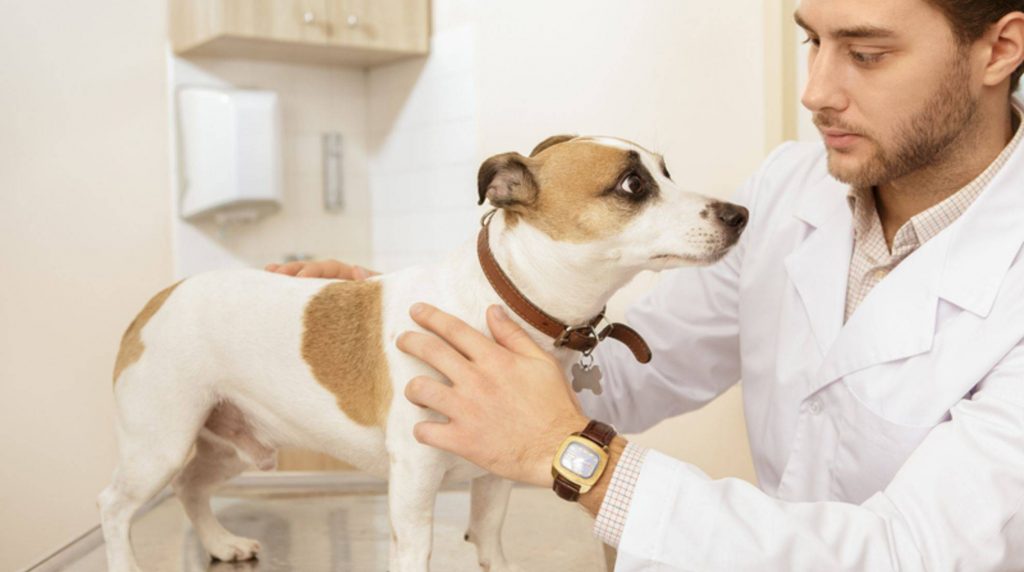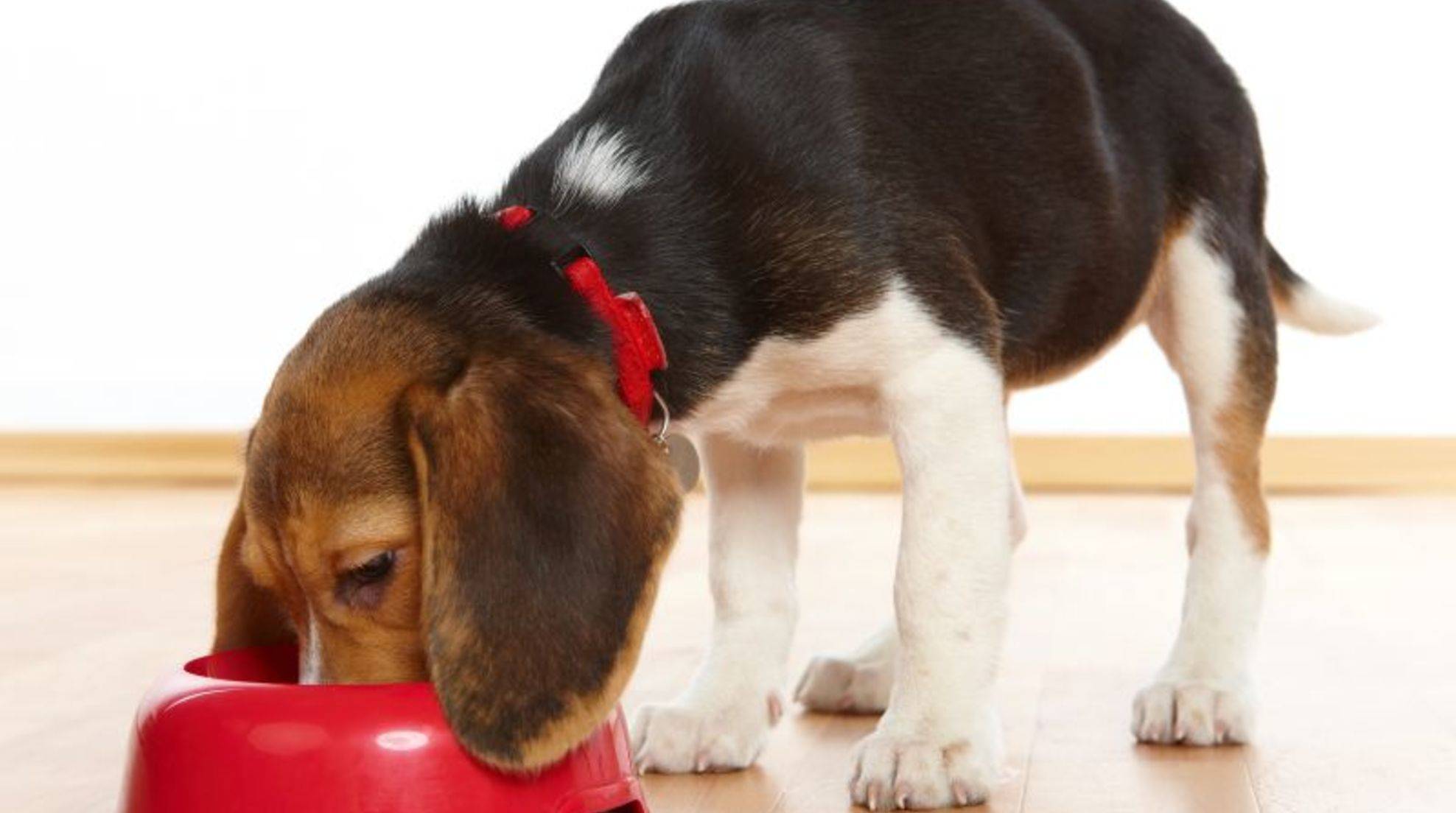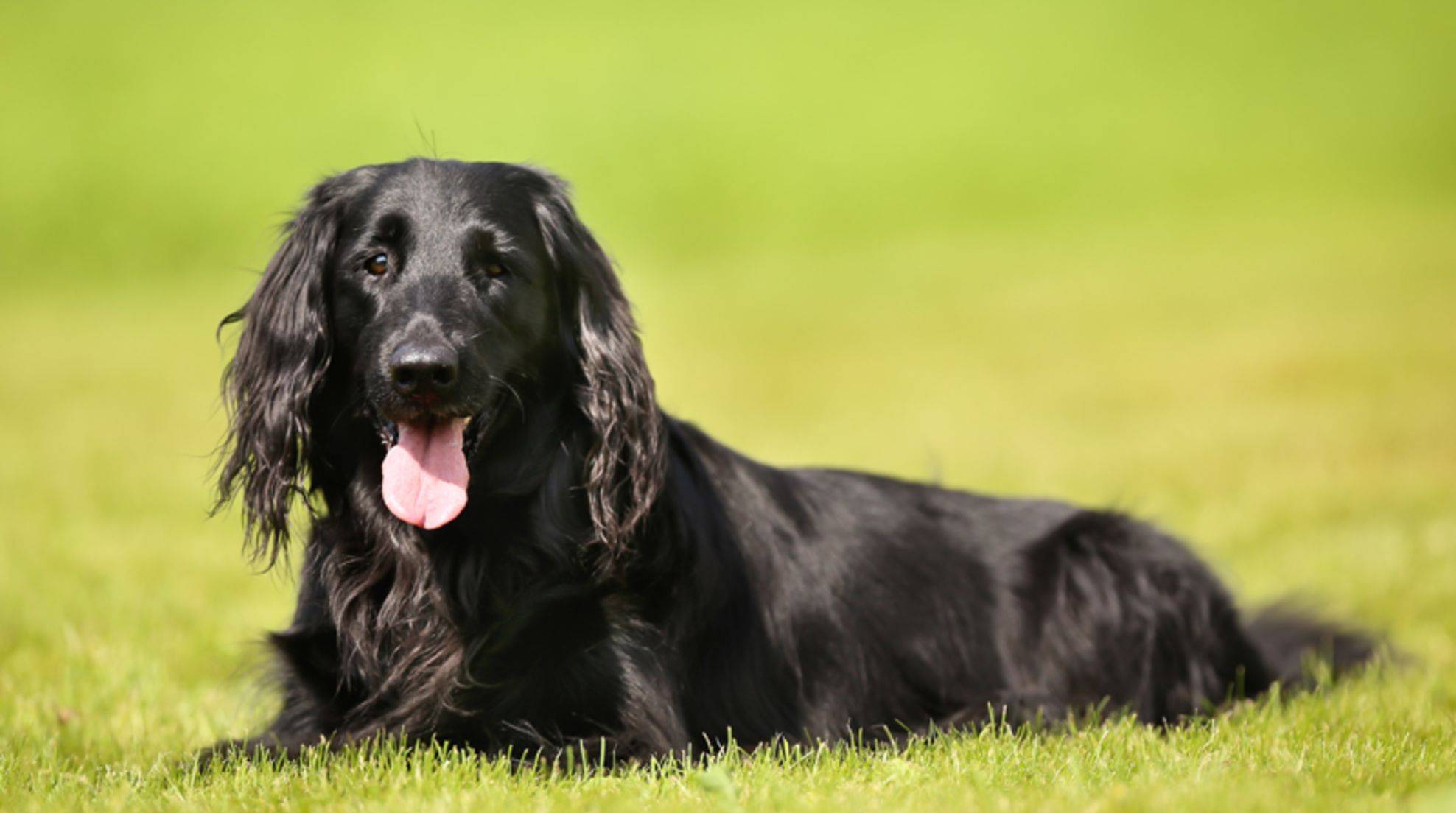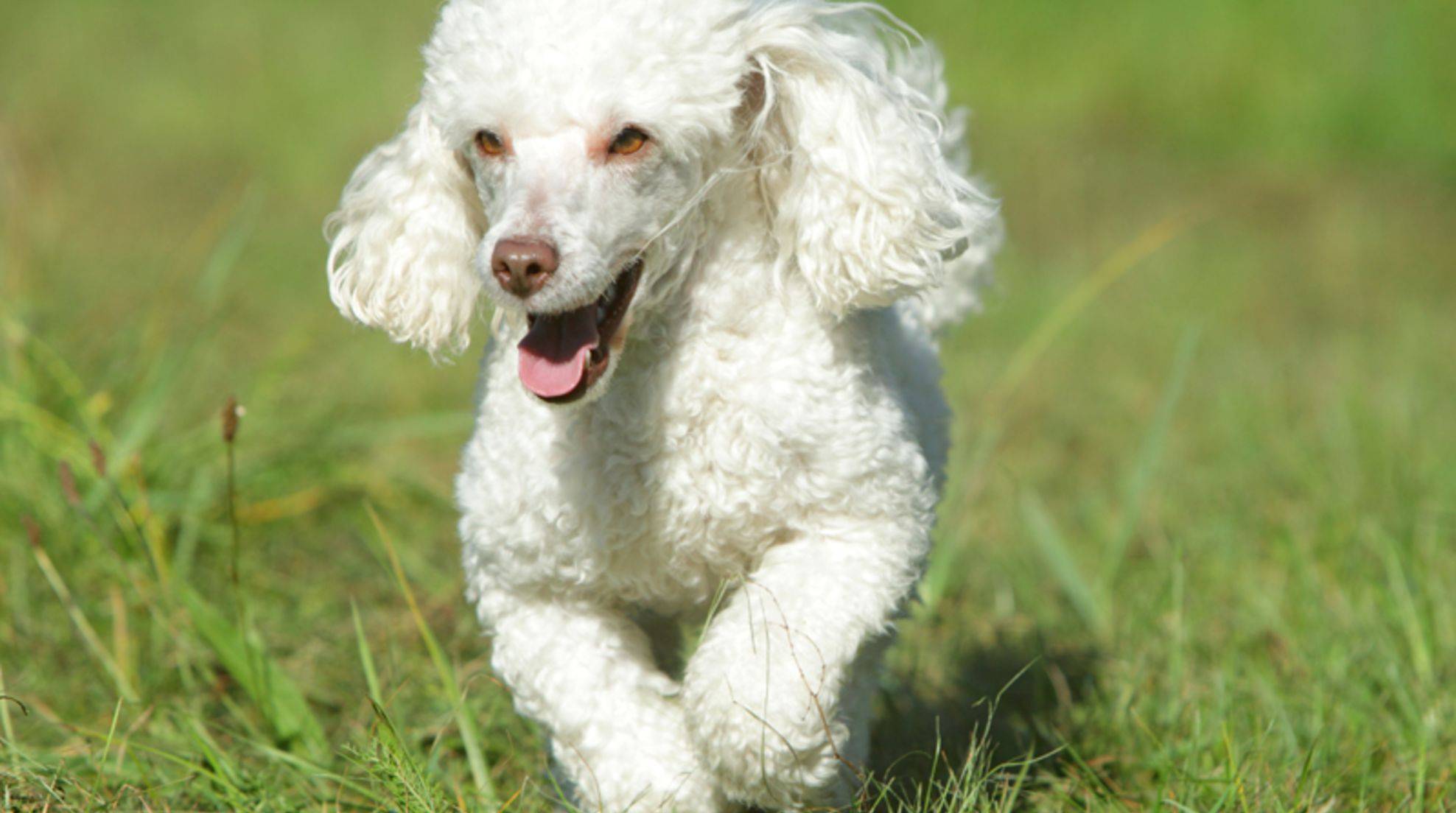Concussion in the dog: recognize symptoms
A car accident, a fall, or a hard blow to the head can lead to a concussion in a dog. However, symptoms of this craniocerebral trauma sometimes do not appear until later – which makes it all the more vital that you know what to look out for and what you can do for your dog in such a case.
As a rule, dogs can easily absorb a slight impact. Their relatively thick skull protects them well. However, a particularly severe blow can cause your dog to suffer a concussion. Symptoms are more or less easy to recognize, depending on how severe the traumatic brain injury is.
How does a concussion occur in dogs?
The dog’s brain is protected not only by the skullcap but also by a fluid (cerebrospinal fluid) that surrounds the spinal cord and is located between the brain and the skullcap.
In an accident, fall, or blow to the head, the brain may hit the inside of the skull wall. This can cause damage to the brain tissue, and in severe cases, swelling occurs.
An accidental kick in small dogs and puppies can also cause a concussion. Also, be careful around horses with your dog – a blow to the skull from a horse’s hoof can also result in brain injuries.
It can be said that how severe a concussion is in a dog depends on the severity of the blow to the head.
What symptoms indicate a concussion in a dog?
Watch your dog closely after an accident, fall or blow to the head. Sometimes with a concussion, symptoms may not become apparent until later, or they may seem harmless at first and then get worse as the brain gradually swells.
Caution. If your dog’s consciousness is severely clouded or he even loses it, it is an emergency. Go to the vet immediately.
If he seems relatively alert at first, watch for the following signs of a traumatic brain injury:
Your dog is spinning in circles and appears confused or unsettled
Your dog’s sense of balance and direction seems disturbed
Pupils vary in size or are severely dilated
The eyes flicker or move back and forth strangely
Your dog has noticeably stiff or limp limbs
Problems keeping the locomotor system under control
Your dog is shaking all over
Your dog breathes faster
Your dog has nosebleeds or ear bleeds
Your dog has seizures or convulsions
Your dog vomits
First aid for suspected concussion
When in doubt, you should take your dog to the vet even if his consciousness does not seem to be disturbed and nothing is wrong with him. You can provide a little first aid on the way there and in the waiting room.
It’s best not to go to the vet alone, but rather in pairs or by cab so you can care for and keep an eye on your dog during the ride. Stay calm and convey to your four-legged friend that there is no reason to worry.
Wrap him in a warm blanket and hold him to raise his head than his hind legs. This will relieve pressure inside the head and prevent a possible concussion from rapidly worsening. Your dog is probably in shock, scared and unsure. Therefore, beware: he might bite you in the heat of the moment because he doesn’t know that you mean well with him.
If your dog loses consciousness, open his mouth and pull his tongue forward so he can breathe. But always be careful when doing this.
Does your dog have a concussion? Diagnosis at the vet
The vet will already know how severe the traumatic brain injury is based on your description of how the accident happened and your dog’s condition. The doctor will shine a flashlight into the dog’s eyes to see if the pupils react to the light. An X-ray examination also reveals how severe the head injury is, for example, whether there is a skull fracture.
The doctor also examines whether the consciousness of your four-legged friend shows no abnormalities. Suppose he is still quite commonly responsive and reacts as always to stimuli, luckily only a mild concussion, which will probably heal on its own. If he seems quieter, more listless than usual, but still responds to stimuli, the condition is more serious. If it takes powerful stimulants to trigger a reaction in the dog, or if he is unconscious, the veterinarian must act quickly.
How can a concussion in dogs be treated?
If the dog has a concussion, the veterinarian will treat the individual symptoms. For example, he can administer sedatives against the shock. In addition, some drugs inhibit seizures and convulsions or relieve pain.
If the brain is swollen, there are medications for that as well. It may also be necessary for your dog to be artificially ventilated and given fluids or food if his consciousness is severely impaired. A skull fracture in which bone splinters have come loose will require surgery.








